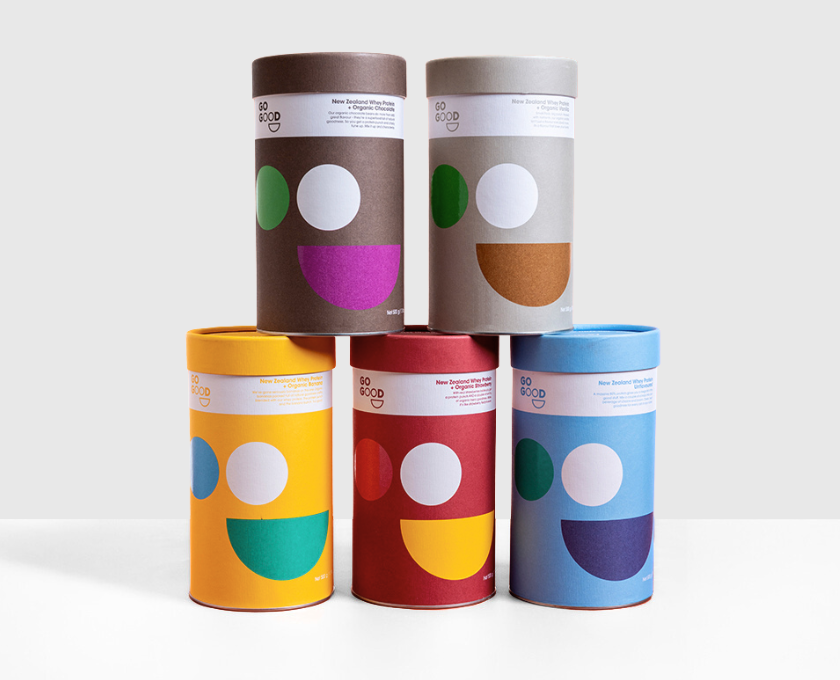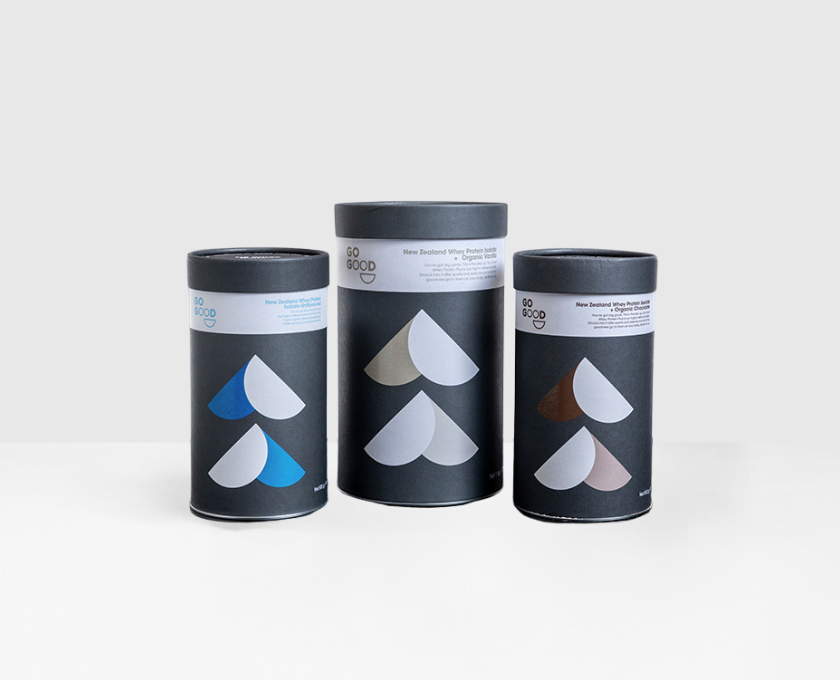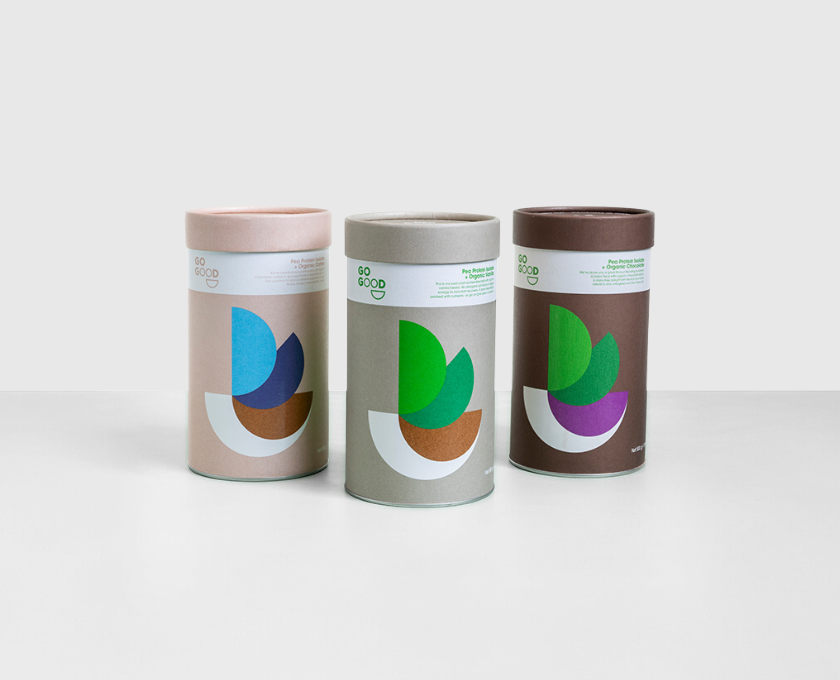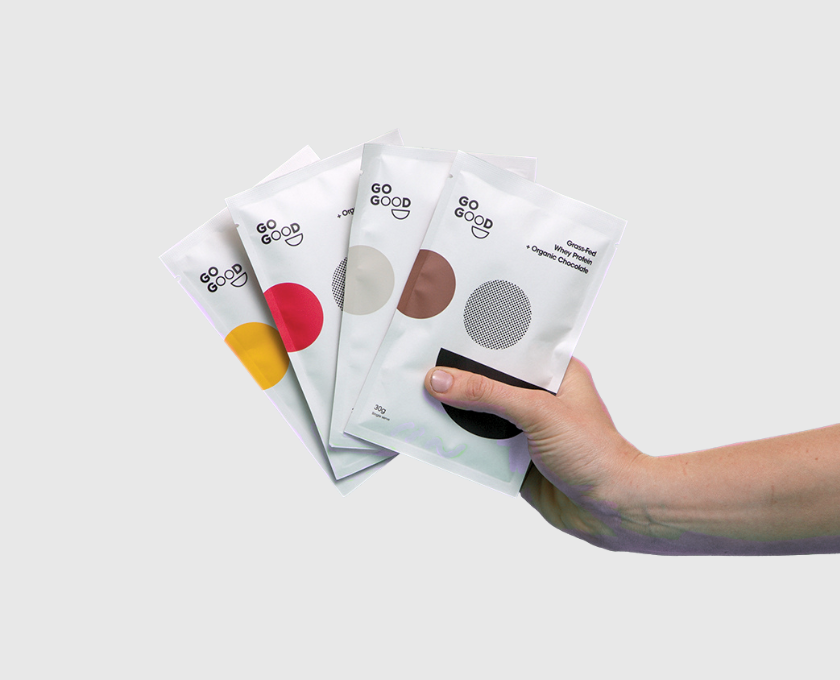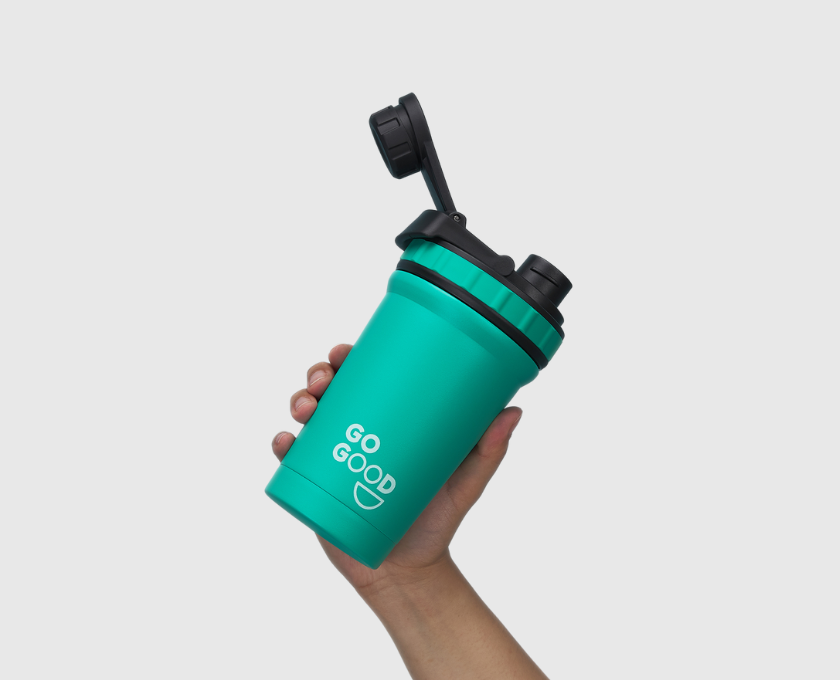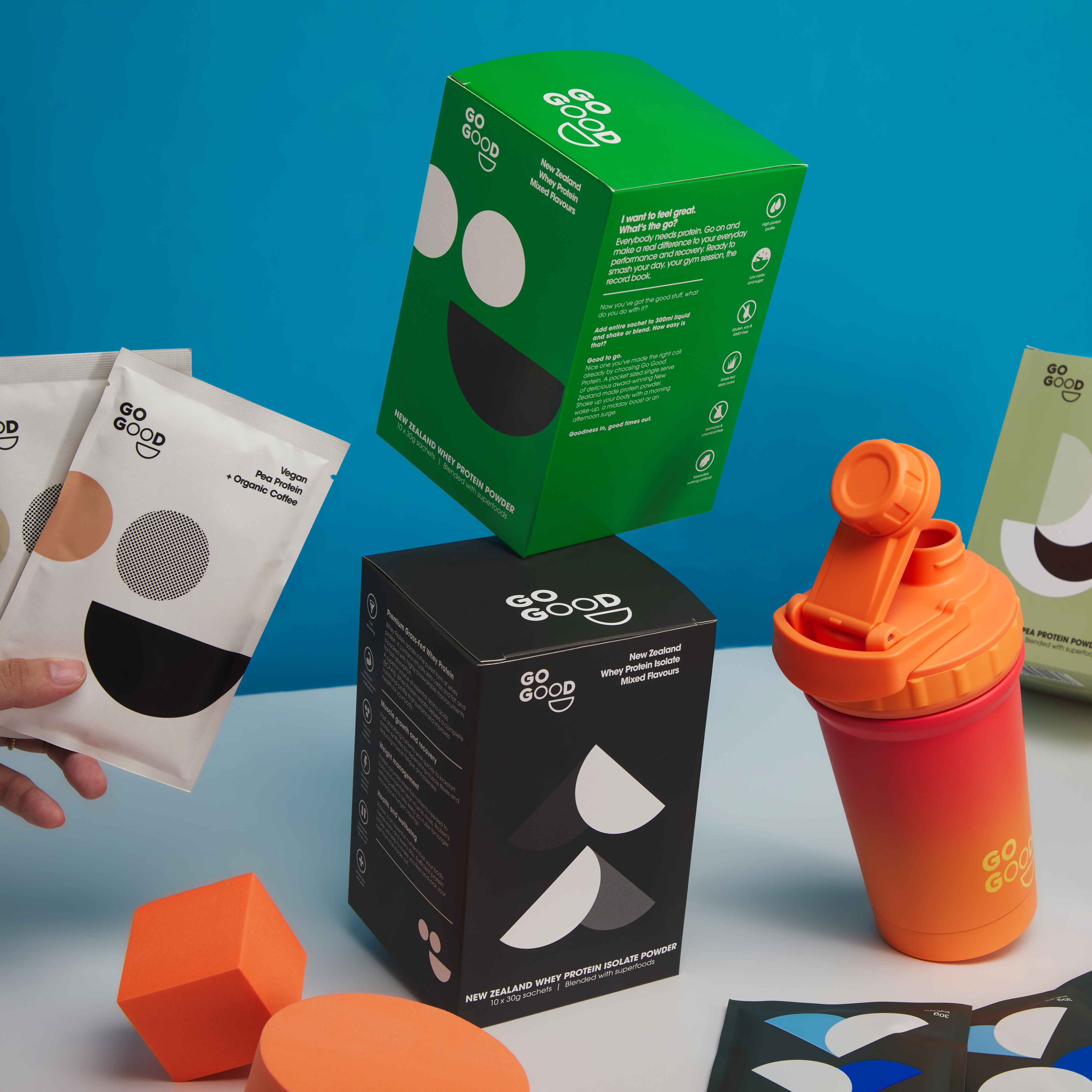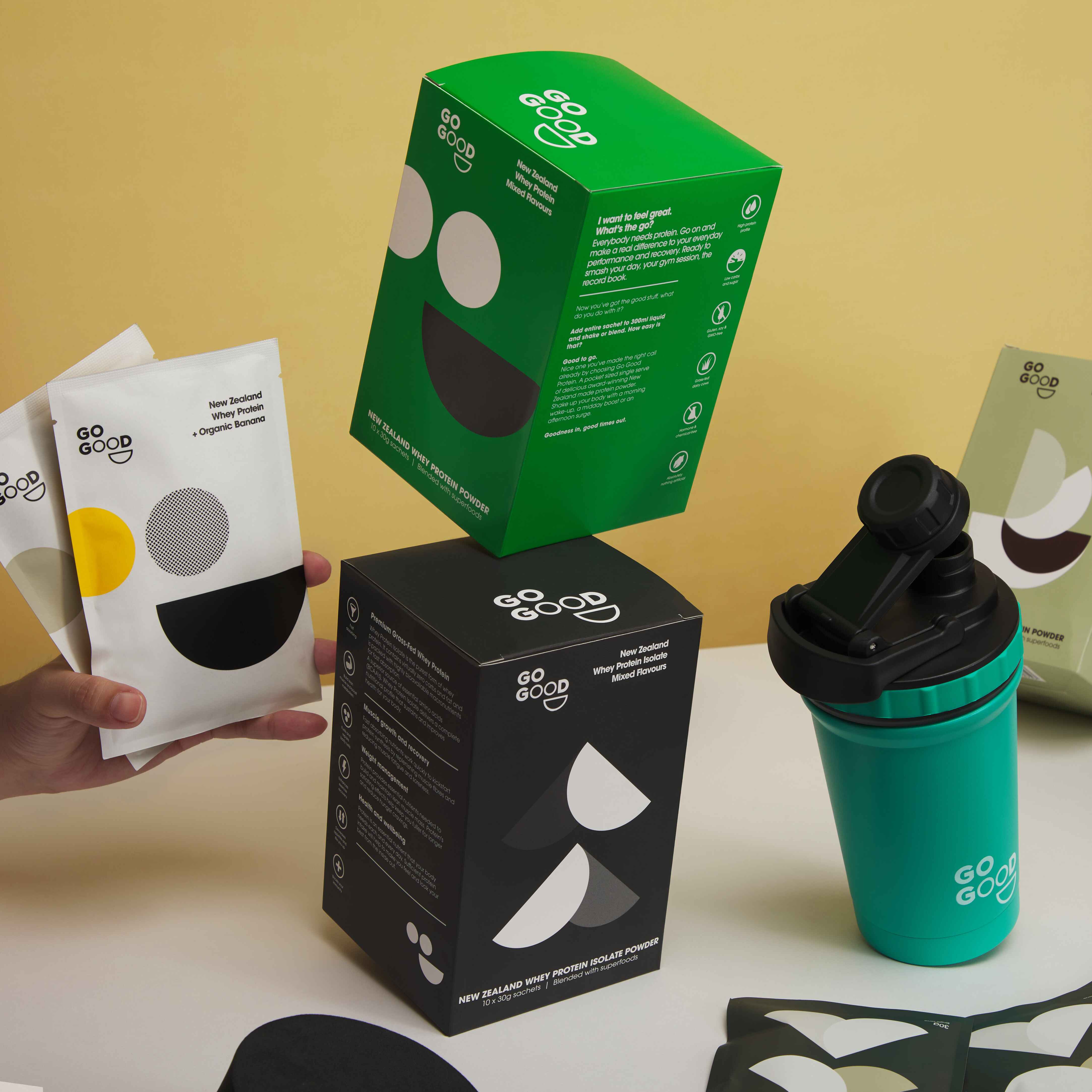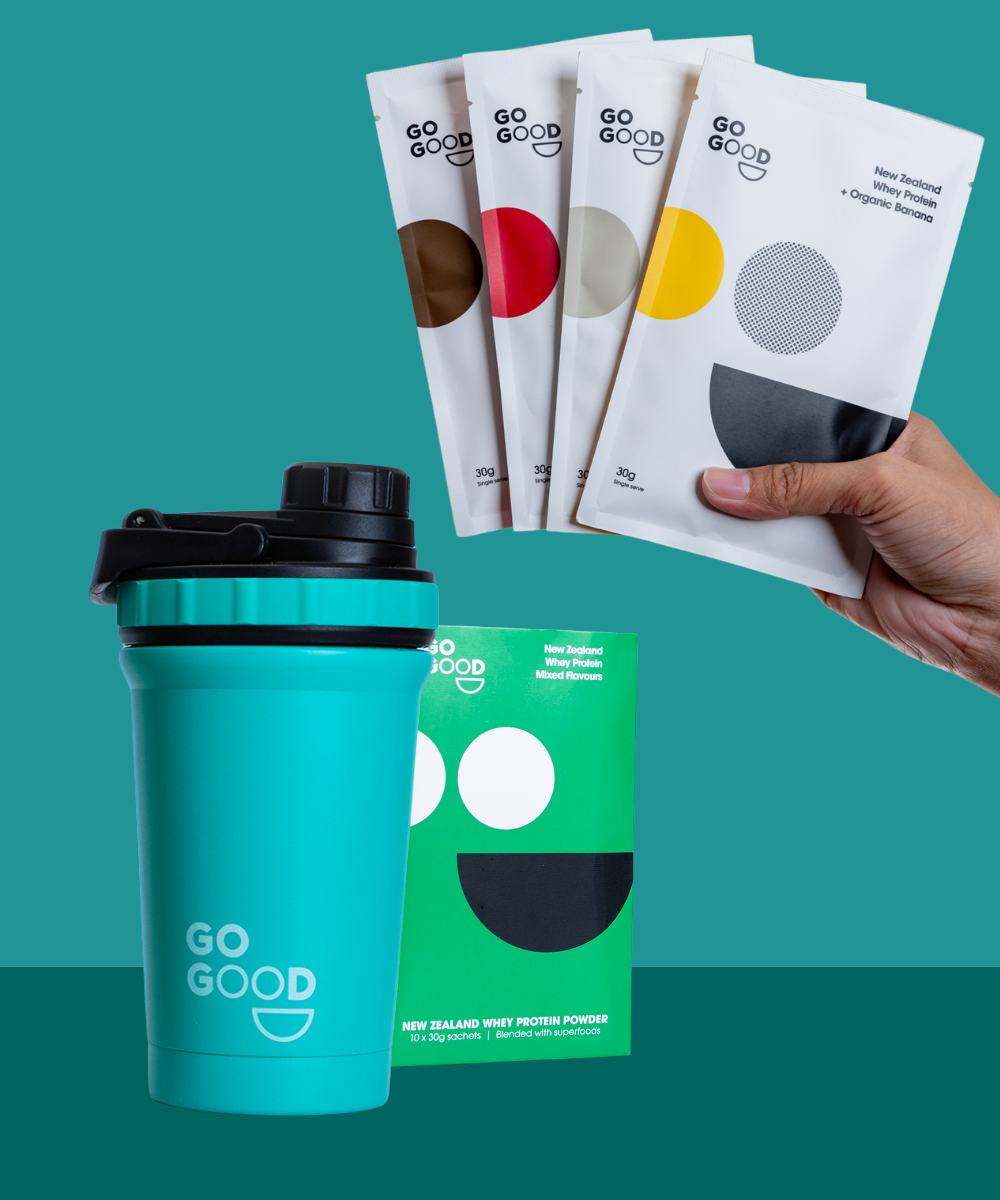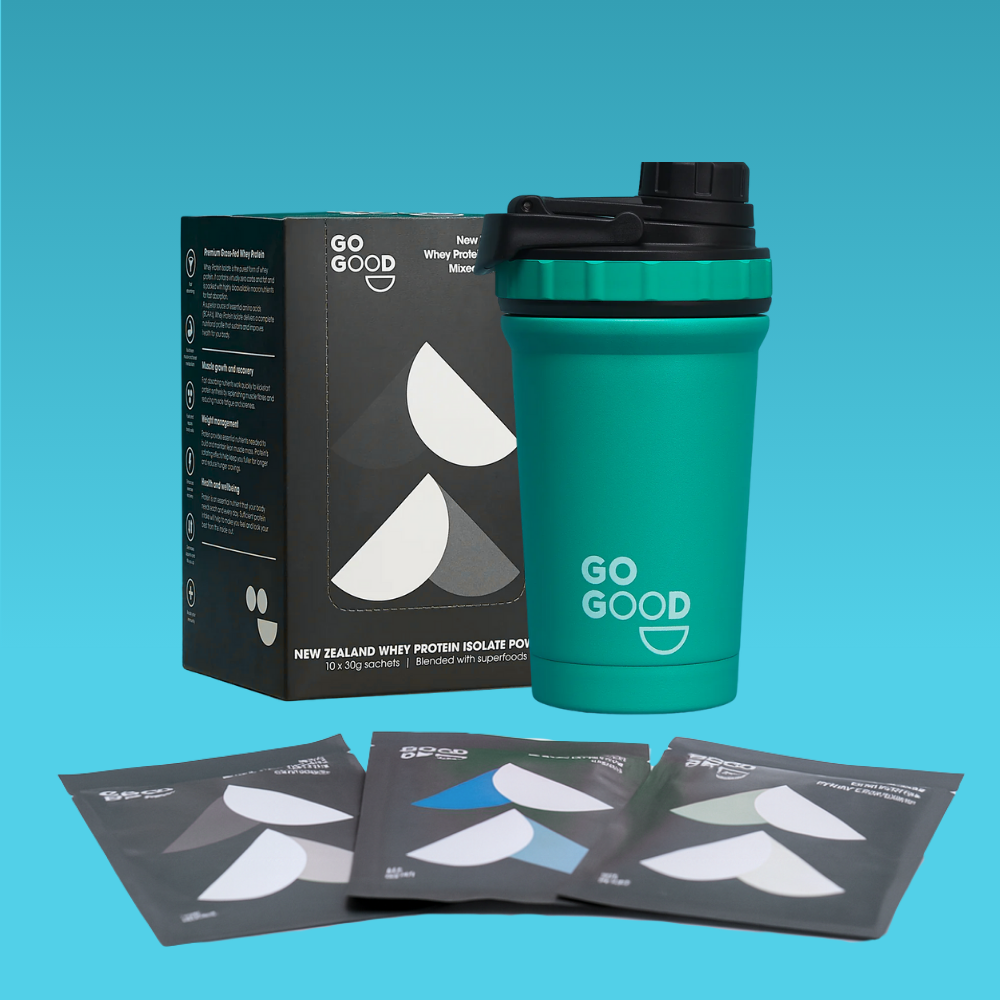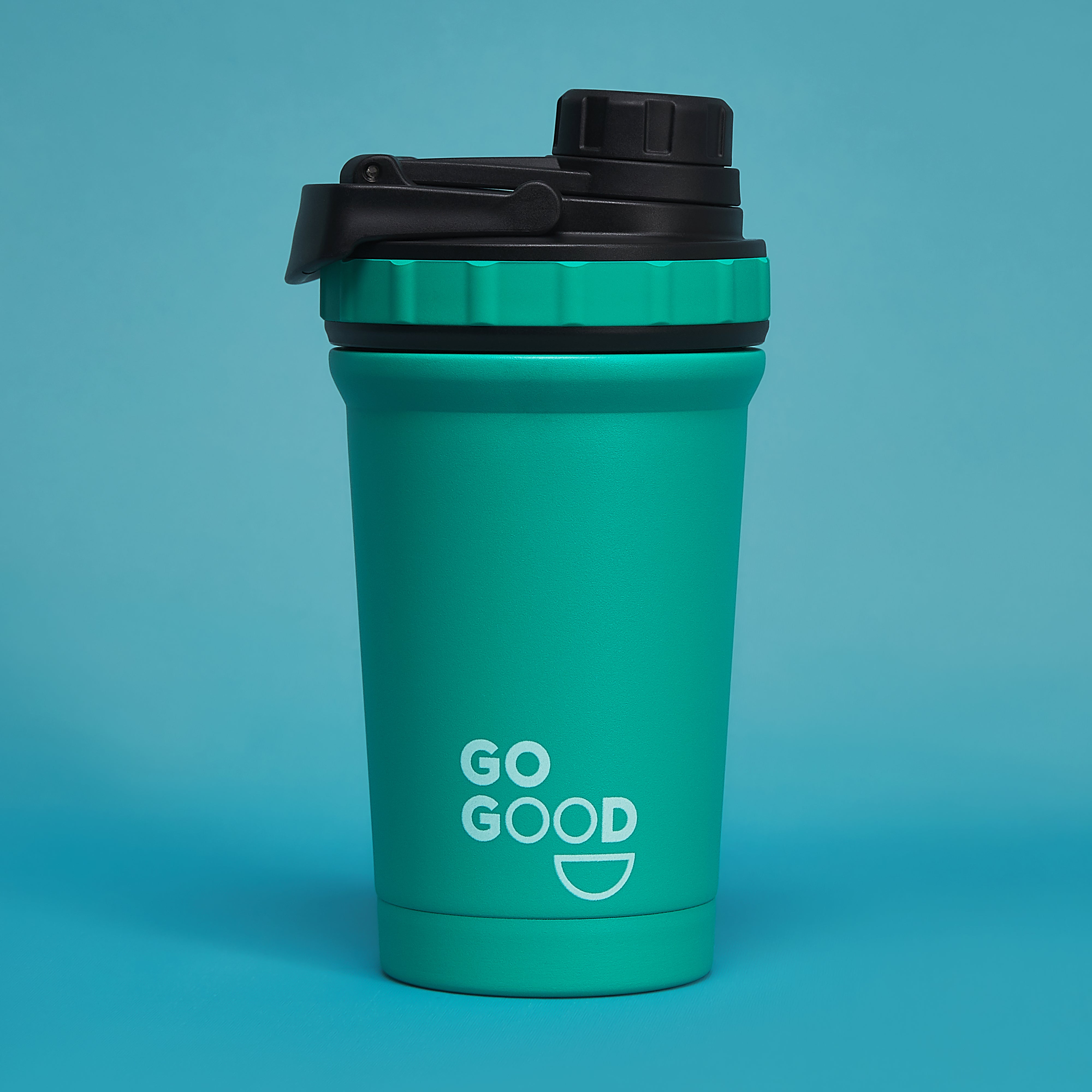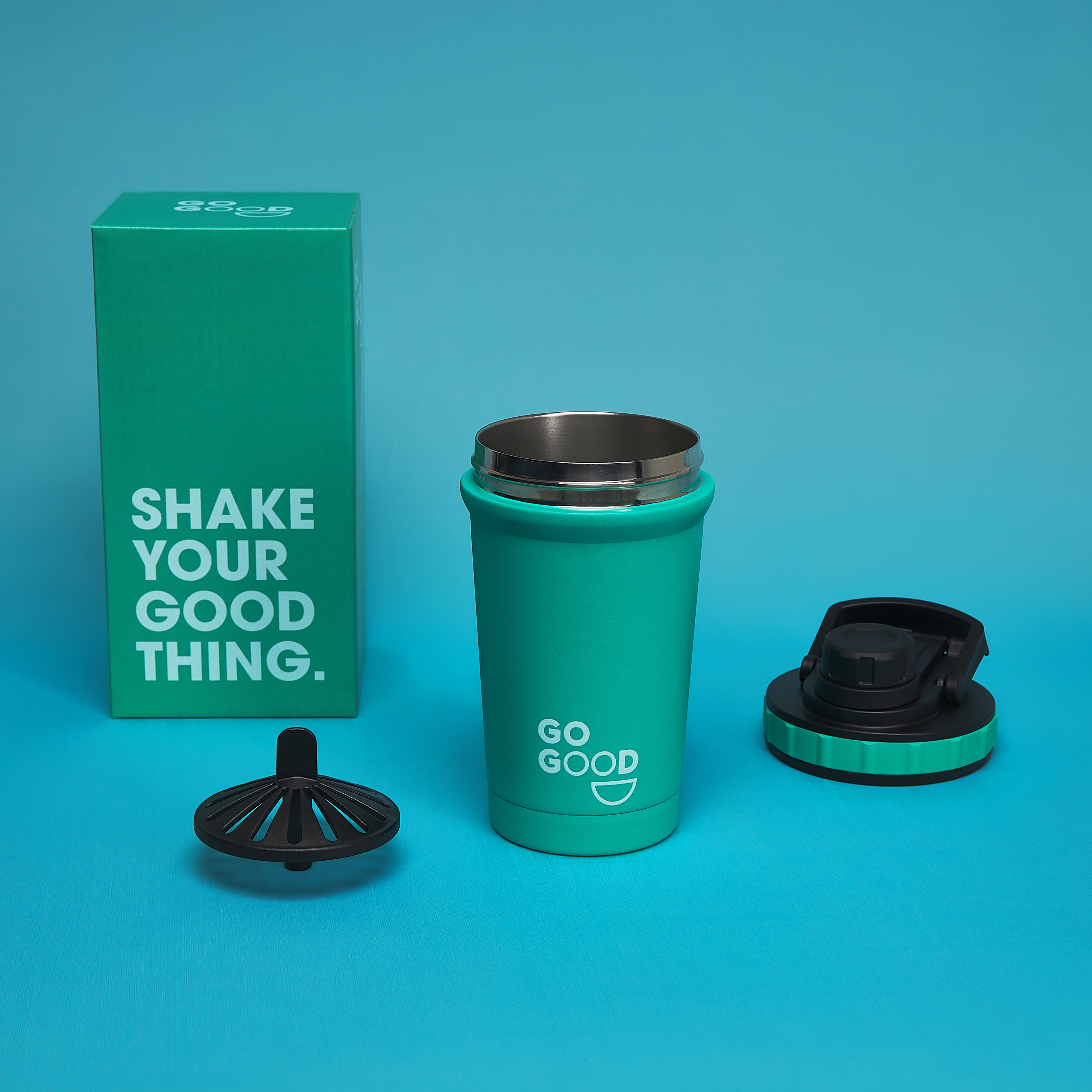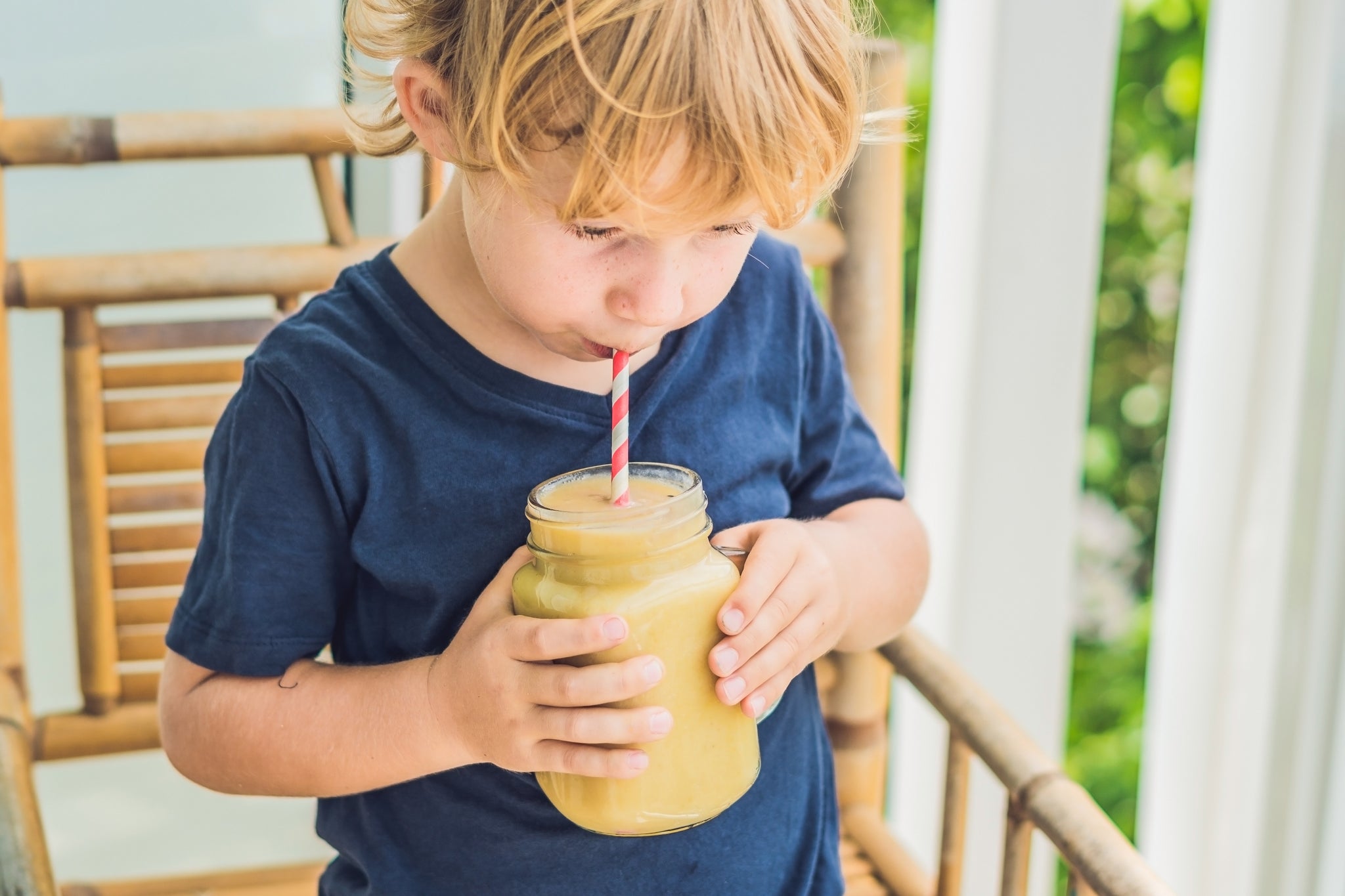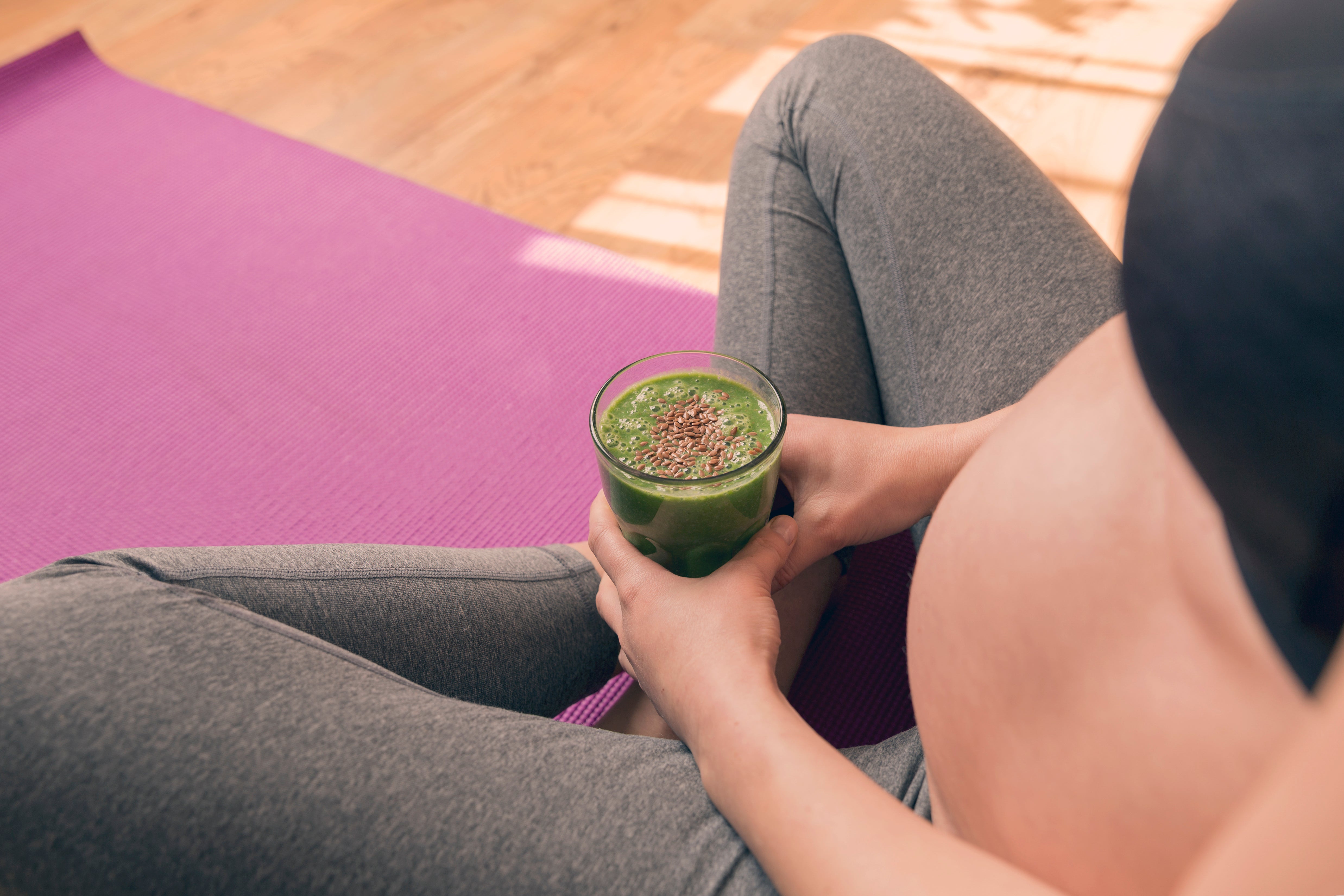Can Children Use Protein Powder?
It’s a natural question.
If protein powder is used by those looking to ensure their daily nutrition is as good as it can be –can’t your children use protein powder too?
Well, the short answer is yes, they can. But why not dig a little deeper?
Let’s take a step back and start with why.
Why Might Protein Powder Be Beneficial To Children?
Protein powder is most commonly derived from dairy - a food group that most toddlers to developing children already rely on as a healthy nutrition source if they are not lactose intolerant.
Even younger, whey protein is one of the main ingredients found in baby formulas due to its high nutritional fortitude and overall levels of safety.
So what would be the benefits of adding protein powder to your children’s daily diets?
- It ensures they’re in good health
It’s no secret. Protein is essential for good health and it’s particularly important for the growth and development of children. It’s a vital ingredient for brain development, organ function, muscle growth and repair, as well as a healthy immune system. All the things you want in your child! As a result, adequate protein intake is particularly important from infancy all the way to adolescence.
- It ensures they have enough protein in their diets on a daily basis
As we just mentioned, protein is particularly important for children. But they can often be picky eaters or simply just don’t sit still long enough to finish their meals. If this is a regular occurrence in your household, they may find themselves lacking protein. Protein powder is a great way to counteract this – it only takes a few minutes to drink a smoothie.
- It’s convenient
As all mums are, you’re likely very busy on a daily basis and find yourself pressed for time to make protein-packed meals. As a quick alternative, a protein smoothie made from a clean, nutritious protein powder, can often be useful. Whipping up a nutrient rich shake that’s loaded with protein, antioxidants and fibre will support your childs health and wellbeing while not taking hours to prepare. These can then be taken and consumed on the go.
- It’s cost-effective
Dollar for dollar, protein powder is the cheapest source of protein there is. If you’re budget conscious, it’s a great alternative to more expensive meats, and will be a lower calorie substitute at the same time!
- It can help mask unpopular flavors
Like many, if your child is a picky eater, they may often refuse to eat what’s good for them! As a result, protein smoothies can be a great tool in your back pocket, allowing you to blend and mask the flavors of vegetables while giving your child the broad spectrum of nutrients they’d otherwise be missing.
- It can help teach them to cook
Is there anything easier to create than a protein smoothie? If there is, we’d like to know! What a great starting point for teaching your children how to prepare meals for themselves. Just showing them how to create a smoothie can be enough to spark an interest in what they are consuming. Plus, if they make it – they’re more likely to eat it!

Can I Use Protein Powder as a Meal Replacement For My Children?
Whoa, let’s not go too far!
Looking at the benefits above, it’d be easy to think that protein powder would be a good meal replacement for your children.
But, unfortunately, that’s not the case.
Protein powder has never been sold as a replacement to meals entirely. They focus heavily on just one macronutrient: protein. This means a protein shake by itself is often bare of carbohydrates, fats and all the other essential vitamins and minerals that usually come in a diverse meal.
On its own, protein powder cannot act as a meal replacement.
It’s important to note though, that protein powder can easily be added to other ingredients in a blender or healthy recipe. If the ingredients are numerous enough, then it’s a meal of itself!
To sum up:
Protein Powder + Ice + Milk = not a meal replacement!
Protein Powder + Ice + Milk + Banana + Spinach + Peanut Butter = a meal!

Additional Considerations
After all the reasons above, we wouldn’t blame you if you do consider adding protein powder to your children’s diet. But there are a couple considerations to keep in mind:
Daily Protein Requirements For Children
Children require far less protein than adults (ABOS, 1998). The research has shown that very young children, between ages one and three, ideally need just 15- 20 grams of protein per day. Those between nine and thirteen require approximately 35 grams of protein a day. For adolescents, males require 53 grams per day and girls require 46 grams per day.
Therefore, if you decide to supplement your child’s diet with protein powder, make sure it’s at a lower quantity than you personally use.
We’d also like you to closely consider the protein powder that you choose. Not all protein powders are recommended for consumption by children, so keep an eye on the ingredients labels for:
- Excess Stimulants or Vitamins
Many protein powders have added vitamins and stimulants, such as caffeine. You should really avoid these as excess vitamins and caffeine consumption is not recommended for children.
- Artificial Sweeteners
Some protein powders are full of artificial sweeteners and other sweeteners such as xylitol and sucralose. These are unsuitable for children so it’s best to avoid any powders containing these ingredients.
- Fillers and Artificial Flavorings
‘Fillers’ are sometime added to protein powders to add bulk when they’re mixed into a shake. They boost texture and consistency to make the protein shake taste better. Examples of these include xanthan gum, guar gum, palatinose and others which have little to no nutritional value. They don’t give you any actual benefits. Likewise, flavoring agents are usually devoid of nutrition and often aren’t as natural as they claim to be. They’re often treated chemically and processed before being added into the protein powder.
Like artificial sweeteners, it’s best to avoid fillers and artificial flavorings.
- How The Protein Powder Is Manufactured
Check the manufacturer of the protein powder and ensure the product is free of pesticides, chemicals and hormones. This is especially important when you’re using dairy-based powders using whey protein. Additionally, for any children with intolerance to dairy, any whey-based protein powder is going to be unsuitable.
To avoid this headache, we’d generally recommend sticking to a plant-based protein.
- Other Performance Enhancing Ingredients
Nowadays, many protein powders will come with a warning label if they use ingredients unsuitable for children. Many powders can contain ingredients such as creatine, taurine, beta-alanine, acetyl L-carnitine HCL. All of these ingredients should be avoided by children so it’s always a good idea to look into the ingredients label and identify anything unsuitable.
Once you’ve taken all these into consideration, you can be sure you’re making a great, sensible choice for your children’s health.
However, as always, to be on the safe side, consult your pediatrician to help determine the exact best choice for your child’s specific needs.
New to Go Good?
Receive 15% OFF your first order with code BABY at the checkout. International shipping available on all orders. Free shipping in NZ on orders over $99. Shop now!
References
1. Australian Bureau of Statistics/Commonwealth Department of Health and Ageing. National Nutrition Survey: Nutrient intakes and physical measurements. Australia, 1995. Canberra: Australian Bureau of Statistics, 1998.
2. Infant and Young Child Nutrition. [(accessed on 14 November 2012)]. Available online:http://apps.who.int/gb/archive/pdf_files/WHA55/ea5515.pdf.


